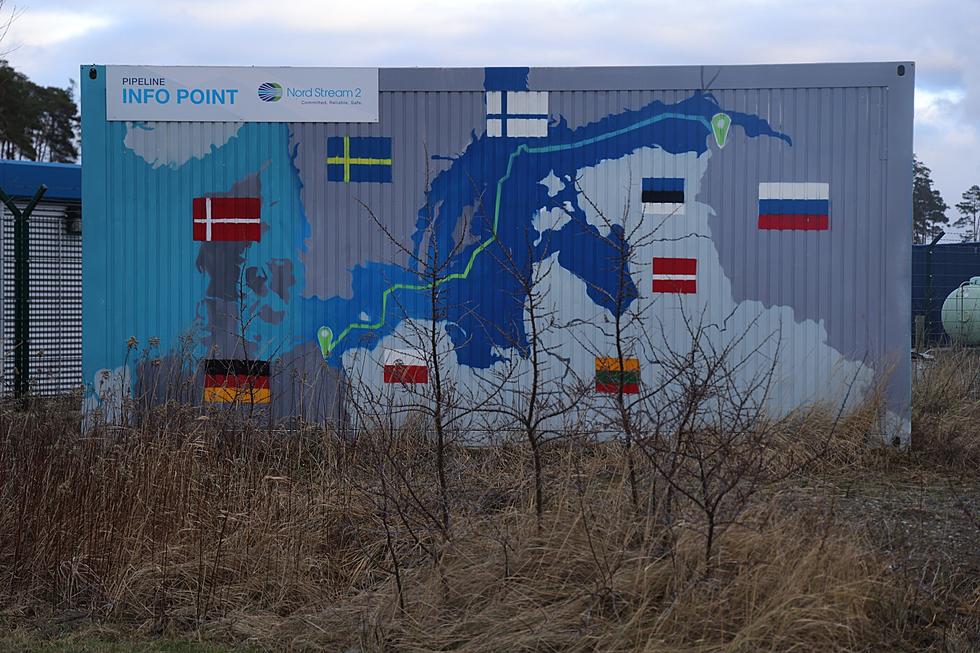
The United Nations: The Good, The Bad and The Ugly
Sixty-eight years ago on this date the United States joined the United Nations. The original purpose of the UN is to promote world peace, economic and social development, and other forms of international cooperation. After World War II the UN was proposed to replace the ineffective League of Nations, to prevent any more world wars. Fifty-one nations became the founding members swelling to 193 today.
The UN is headquartered on a section of international territory in New York City and also has locations in Geneva, Nairobi and Vienna. It’s no surprise that the United States picks up most of the tab for operating the UN. In fact American taxpayers pick up 22% of the total yearly cost of UN operation. Fourteen other nations pick up another 68 percent with the other 178 nations paying out the additional 20 percent. Talk about not paying your fair share.
The UN Internal Organizations
The UN has six principal organs: the General Assembly (the main deliberative assembly); the Security Council (for deciding certain resolutions for peace and security); the Economic and Social Council (ECOSOC) (for promoting international economic and social co-operation and development); the Secretariat (for providing studies, information, and facilities needed by the UN); the International Court of Justice (the primary judicial organ); and the United Nations Trusteeship Council (inactive since 1994).
The UN Security Council
The Security Council is the body that traditionally gets the most ink during any kind of world crisis. It has the power to make binding decisions that member governments have agreed to abide by under the UN Charter. One such example would be the decision to allow the use of military force in Iraq in 2003.
The UN Security Council is made up of 15 member states, consisting of 5 permanent members—China, France, Russia, the United Kingdom and the United States—and 10 non-permanent members. As of November 2013, these are Argentina (term ends 2014), Australia (2014), Azerbaijan (2013), Guatemala (2013), Luxembourg (2014), Morocco (2013), Pakistan (2013), Republic of Korea (2014), Rwanda (2014), Togo (2013).
United Nations Veto Power
The five permanent members of the UN hold veto power. In most cases any vote on substantive resolutions usually come down to China and Russia against the US and the United Kingdom with France often being the swing vote. Any permanent member can block adoption of a resolution but not debate that issue.
The International Court of Justice (ICJ)
The International Court, commonly called the World Court, began work in 1946 as the successor to the Permanent Court of International Justice. Fifteen judges each serving a 9-year term are appointed by the General Assembly. No two judges can come from the same nation.
The primary purpose of the ICJ is to settle legal disputes among the various nations of the world. They hear cases that include possible war crimes, illegal interference between states (Iraq an Kuwait), and ethnic cleansing.
Some Final Thoughts
The UN has been under public scrutiny for decades. Some of its decisions have been very controversial. President Bush when asked about the UN considering military force against Iraq said, “America will never seek a permission slip to defend the security of our people.”
This is the bone of contention for many people. Where do American’s rights end and world rights according to the UN begin? How much of what’s happening in the world should include UN intrusion? One of their goals is human rights yet I sure don’t seem much action against China or any Middle Eastern countries for their treatment of women. Thailand is known for its sexual trafficking of children.
There are still too many dictators in the world so forgive me if I’m not totally prepared to give the UN my total thumbs up support in all their areas. The world could be a better place if the UN really lived up to it’s ideals but greed power and corruption are always going to trump good ideals.
More From KMMS-KPRK 1450 AM









